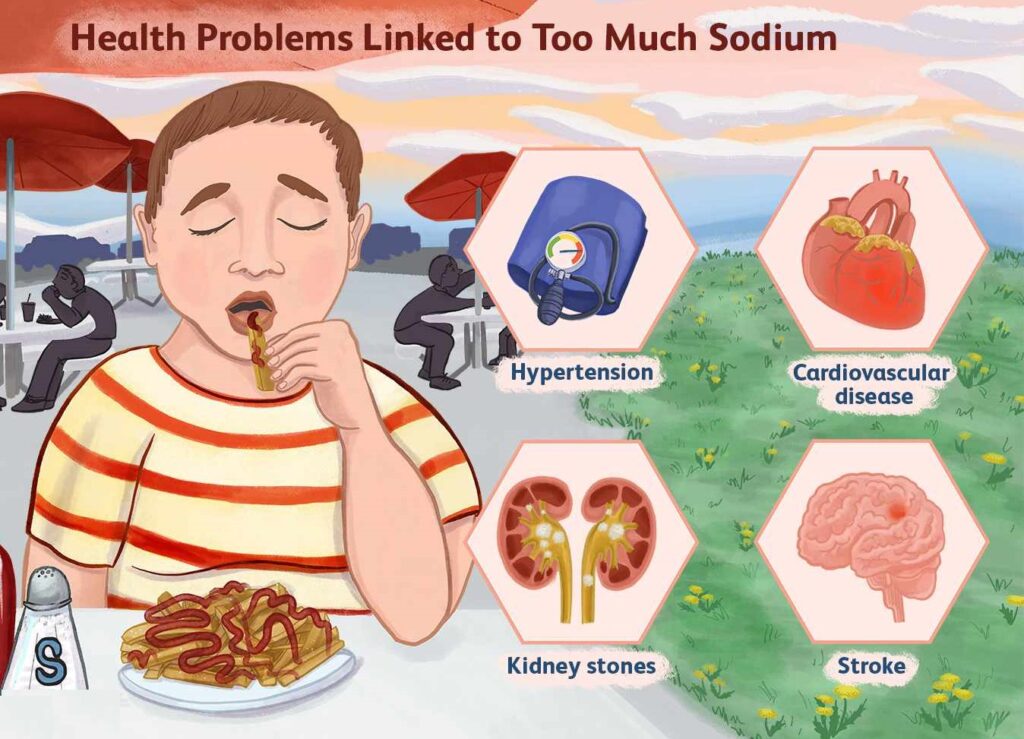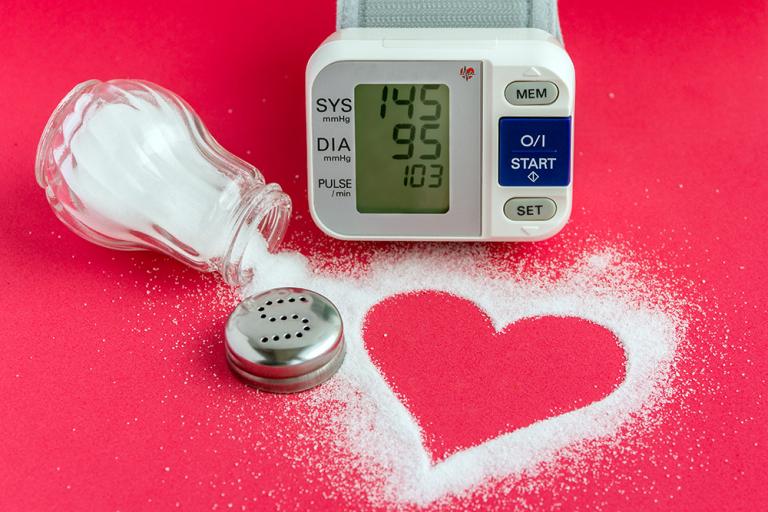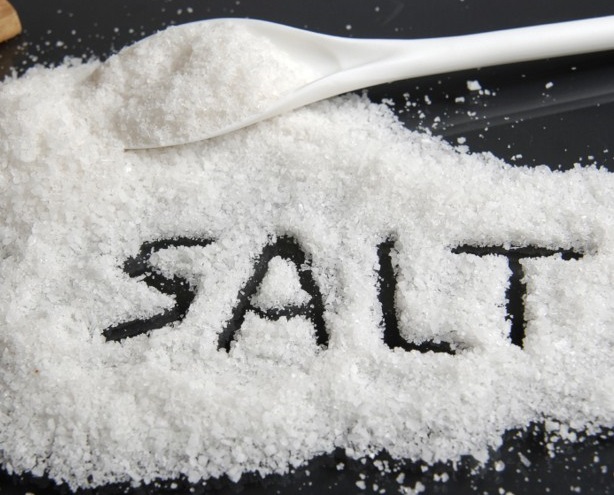Salt, or sodium chloride, is a common and essential component of our daily diet. It adds flavor to our meals, preserves food, and plays a critical role in maintaining our body’s fluid balance and nerve function. However, too much of a good thing can have serious consequences for our health. Excess salt consumption is a global concern, contributing to various health issues. In this blog, we’ll explore the significant impact of excess salt on your health and why it’s essential to be mindful of your sodium intake.
Understanding Salt and Sodium
Before we dive into the health impact, let’s clarify the terms:
- Salt: Salt is a mineral composed of sodium and chloride. It is a naturally occurring substance found in seawater and rock salt deposits.
- Sodium: Sodium is one of the elements that make up salt (sodium chloride). It is essential for many bodily functions, including nerve signaling, muscle contraction, and maintaining fluid balance.
How Much Salt Do You Need?
The recommended daily intake of sodium is around 2,300 milligrams (mg) for adults, which is approximately one teaspoon of salt. However, the average daily intake in many countries far exceeds this recommended level, often reaching 3,400 to 3,700 mg per day.

The Impact of Excess Salt on Health
- High Blood Pressure (Hypertension): Excess salt is a well-established contributor to high blood pressure. When you consume too much salt, your body retains more water to dilute the excess sodium in your bloodstream. The increased volume of blood forces your heart to work harder, leading to higher blood pressure. Uncontrolled high blood pressure is a significant risk factor for heart disease, stroke, and kidney problems.
- Heart Disease: High blood pressure caused by excess salt is closely associated with heart disease. Prolonged high blood pressure can damage the arteries, making them less flexible and more susceptible to plaque buildup, which increases the risk of heart attacks and other cardiovascular issues.
- Stroke: Excessive salt consumption links to an increased stroke risk. Excess sodium intake causes high blood pressure, a primary risk factor for stroke. Stroke happens when it disrupts blood flow to the brain, often causing lasting damage.
- Kidney Damage: The kidneys play a crucial role in regulating the body’s sodium levels. Excessive salt can strain the kidneys and lead to kidney damage over time. This can result in reduced kidney function and an increased risk of kidney disease.
- Osteoporosis: High salt intake may contribute to the loss of calcium in the urine, which can weaken bones and lead to osteoporosis. Additionally, excessive salt can promote the excretion of calcium from the bones, further compromising bone health.
- Stomach Cancer: Some studies suggest a link between high salt consumption and an increased risk of stomach cancer. It is believed that salt may damage the stomach lining, increasing vulnerability to cancer-causing agents.
- Fluid Retention and Edema: High salt intake can lead to fluid retention, causing swelling in various parts of the body, a condition known as edema. This can be uncomfortable and sometimes painful.
- Weight Gain: Excessive salt can lead to weight gain due to water retention. Moreover, salty foods are often processed and high in calories, contributing to overeating and weight gain.

Reducing Salt Intake for Better Health
It’s clear that reducing salt intake is crucial for safeguarding your health. Here are some strategies to help you manage your sodium consumption effectively:
- Read Food Labels: Pay close attention to food labels and choose products with lower sodium content. Many packaged foods, especially snacks and processed items, contain hidden salt.
- Cook at Home: Preparing your meals at home allows you to control the amount of salt in your dishes. Use herbs, spices, and other seasonings to add flavor without relying on salt.
- Limit Restaurant and Fast Food: Restaurant and fast-food meals are often high in salt. If dining out, opt for dishes with lower sodium content, and ask for sauces and dressings on the side.
- Reduce Salt in Recipes: Gradually decrease the amount of salt you use in your recipes. Your taste buds can adapt to lower sodium levels over time.
- Choose Fresh and Unprocessed Foods: Whole, fresh foods, such as fruits, vegetables, lean meats, and whole grains, naturally contain less salt than processed alternatives.
- Rinse Canned Vegetables: If you use canned vegetables, rinse them thoroughly under running water to reduce their salt content.
- Beware of High-Sodium Foods: Be cautious with high-sodium foods like deli meats, canned soups, and certain condiments. Consider lower-sodium alternatives.
- Stay Hydrated: Drinking plenty of water helps flush excess sodium from your body.
The impact of excess salt on your health is undeniable. High sodium intake is associated with a range of serious health issues, from high blood pressure and heart disease to kidney damage and cancer. By being mindful of your sodium consumption, making informed choices about the foods you eat, and taking steps to reduce your salt intake, you can protect your health and enjoy a longer, healthier life. Remember, moderation is key when it comes to salt; less is often more when it comes to your health and well-being.



